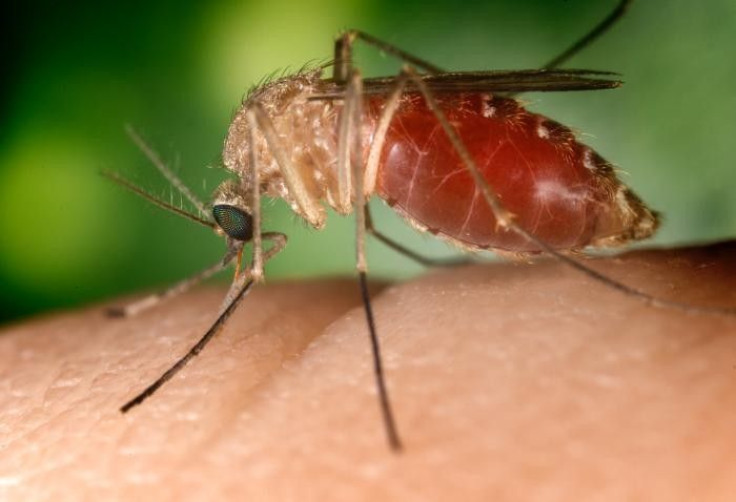Malaria Spreads Because Mosquitos Are Attracted To Human Odor

Malaria is a parasitic disease that causes over 770,000 deaths every year and is a leading cause of death in warmer climates like sub-Saharan Africa and South Asia.
It has been established that mosquitoes in these hot climates are the carriers of infection. When a mosquito bites an infected person, it takes up the person's blood and becomes infected too. The next person that infected mosquito bites will be given some blood carrying the infectious malarial agent and will develop malaria as well.
Mosquitoes are the agents of infection, since humans cannot contract malaria from contact with another human.
Armed with these statistics and information provided by the Centers for Disease Control and Prevention, researchers at Wageningen University and Research Center in the Netherlands, determined to find out more about why malaria can be transmitted so easily, have found that malaria-infected mosquitoes are more likely to be attracted to human odors than uninfected mosquitoes.
In experiments using nylon fabric saturated in human foot odor, the rates of landing were measured for malaria-infected and uninfected mosquitoes. Researchers found that infected mosquitoes landed four times more often than uninfected mosquitoes on the human odor-containing cloth. Most notably, the infected mosquitoes landed eight times more often on the odorous cloth than on the unscented cloth.
These findings indicate that infected mosquitoes try to optimize disease transmission by ensuring they land on humans instead of other objects or animals - as they rarely landed on the cloth with no human odor. Evolutionarily, it makes sense that these mosquitoes would be attracted to animals that provide them with meals so they can continue to live.
However, the fact that they are also transmitting deadly diseases as they feast on human blood is problematic. Using these results, researchers intend to develop ways to use what attracts infected mosquitoes - human odor - to trap them and prevent further spread of malaria.
At this point, malaria can be controlled, but prevention of new cases, especially during the hottest and upcoming summer months, would ideal.



























